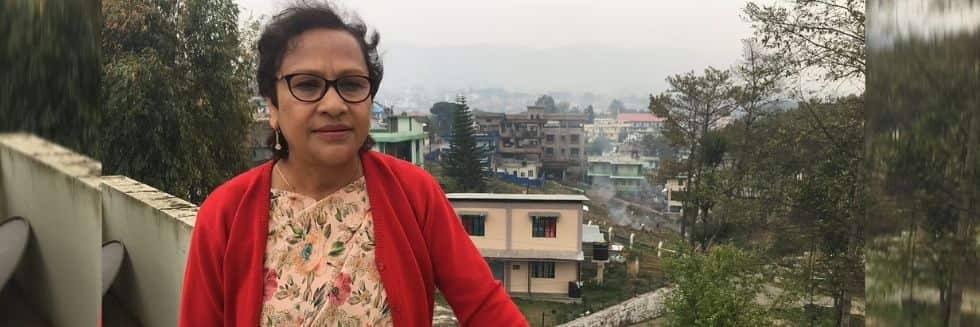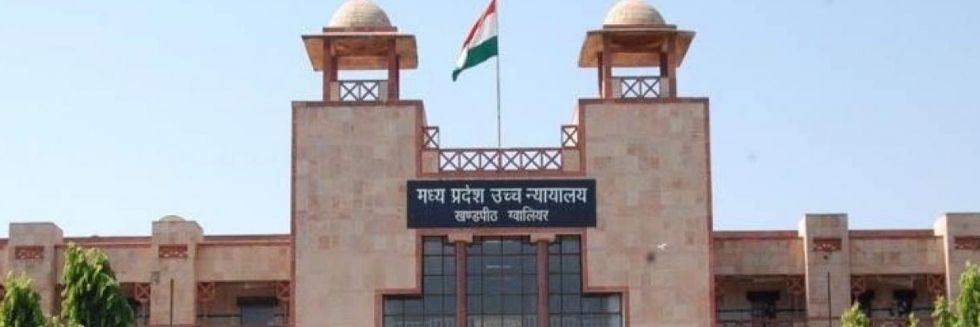The Supreme Court has on Thursday quashed the criminal proceedings against noted journalist Patricia Mukhim for her Facebook post condemning atrocities on non-tribals in Shillong.
A bench of Justices L Nageshwara Rao and Ravindra Bhat allowed the appeal filed by Mukhim challenging the Meghalaya High Court order which dismissed her plea to quash the FIR. Subsequently, the top court had set aside the HC order.
Senior Advocate Vrinda Grover had argued for Mukhim that there was “no assuaging of feelings of a community which has been attacked brutally.”
Patricia, who is also the Editor of the Shillong Times, alleged that she was being persecuted for speaking the truth and seeking enforcement of the rule of law against perpetrators of hate crime, in the exercise of her fundamental right as guaranteed under Article 19 (1)(a) of the Constitution of India.
Patricia was facing prosecution under Sections 500 (Punishment for defamation), 505(c) [Statements conducing to public mischief] and 153A (Promoting enmity between different groups on grounds of religion, race, place of birth, residence, language, etc., and doing acts prejudicial to maintenance of harmony) of the Indian Penal Code (IPC).
The plea contended that the offenses under Section 500 and 505(c) IPC, being non-cognizable, could not be investigated and prosecuted through the registration of an FIR in view of the statutory bar against such prosecution; the proceedings against the Petitioner stood on a single limb – Section 153A IPC, which, the petitioner said, was not made out against her.
“Speaking the truth and seeking enforcement of rule of law against perpetrators of hate crime, in the exercise of her fundamental right as guaranteed under Article 19 (1)(a) of the Constitution of India,” stated the plea.
It was submitted that a plain reading of her Facebook post would make it clear that the intent and purpose of the post “is to appeal for impartial enforcement of rule of law; equal treatment before the law of all citizens; condemnation of targeted violence against members of a minority group; an end to impunity for violence and thereby ensure peace and harmony between communities and groups.”






